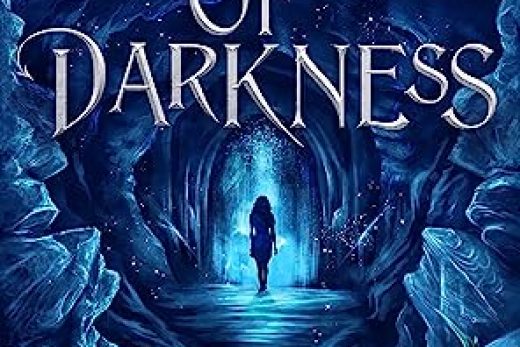Robert Louis Stevenson’s poetry collection, A Child’s Garden of Verses, offers a glimpse into the vivid imagination and experiences of childhood. This anthology not only showcases Stevenson’s ability to transport readers into a fantastical world, but also serves as a testament to the importance of nurturing a child’s creative spirit. In this essay, we will delve into the themes and motifs found throughout the collection, while also examining the enduring impact of Stevenson’s work on modern literature.
The poems in A Child’s Garden of Verses explore various aspects of a child’s life, from imaginative play and adventures, to the comfort of a loving home. Stevenson’s poetry captures the wonder and innocence of youth, enabling readers to connect with their own memories and experiences. For example, in the poem “The Land of Nod,” Stevenson takes the reader on a journey through the mystical realm of dreams, where the possibilities are endless.
One of the most significant themes found in this collection is the power of imagination. Through his poetry, Stevenson demonstrates how a child’s mind can transform even the most ordinary surroundings into a land of magic and adventure. In “My Kingdom,” the speaker describes the world they have created within the confines of their small bedroom. This poem highlights the idea that a child’s imagination can turn any space into a realm of wonder and excitement.
Another key theme in Stevenson’s collection is the importance of family and the security it provides. Many of the poems express a sense of warmth and love that comes from being surrounded by caring family members. For instance, in “The Lamplighter,” the speaker watches a lamplighter performing his duties, which instills a feeling of safety and comfort. The presence of loved ones in a child’s life is depicted as a source of happiness and support throughout the collection.

A: The collection features several themes, such as the power of imagination, the beauty of childhood innocence, and the importance of family and the comfort it provides.
Q: How does Stevenson’s poetry evoke a sense of wonder and excitement?
A: Stevenson’s vivid descriptions and imaginative scenarios transport readers into a child’s world, where even the most ordinary surroundings can become a land of magic and adventure.
Q: What role does family play in the poems of A Child’s Garden of Verses?
A: Family is depicted as a source of happiness, support, and security in a child’s life. The presence of loving family members creates a sense of warmth and comfort throughout the collection.
In conclusion, Robert Louis Stevenson’s A Child’s Garden of Verses is a timeless collection of poetry that captures the essence of childhood imagination and the importance of family. Through his vivid descriptions and engaging scenarios, Stevenson invites readers to explore the magical world of a child’s mind, where even the most mundane experiences can become extraordinary adventures.








